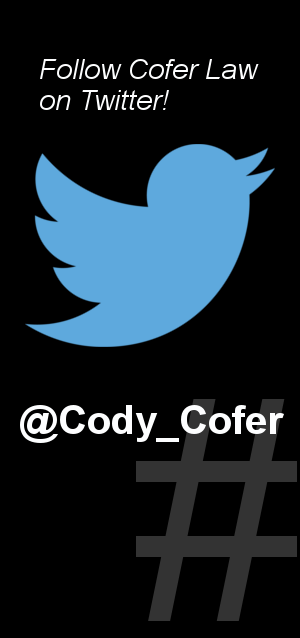Part 7: Securing Formal and Informal Discovery In this section we will discuss the procedures for discovery, how they have changed in recent years, and how you can be successful in securing all the discovery to which you are entitled. “Discovery” is the part of the criminal trial process when your defense attorney gets a chance to peek into the State’s case. Unless you have had an examining trial, this might be the first time your criminal defense attorney interacts with the State’s prosecutor concerning your case. While many attorneys treat discovery as merely a pesky task to be completed, experienced attorneys know that this initial interaction with the State can reveal important information about the opinions and biases the
Read more →How much longer will we have the death penalty? The Supreme Court’s recent decision in Glossip vs. Gross to uphold Oklahoma’s lethal injection procedure after it took 43 minutes for inmate Clayton Lockett to die may have many supporters of the death penalty cheering, but the death penalty is dying a slow death. As a result of a growing number of death row exonerations and the legal and ethical qualms about supplying drugs for the specific purpose of killing people, all 32 remaining death penalty states are now struggling to obtain the necessary drugs needed to perform executions. Nearly 40 years ago America resumed executions after a brief four year break when the practice was temporarily ruled illegal by the
Read more →On Sunday the FBI and the Justice Department released a statement acknowledging all except two of their microscopic hair comparison unit examiners overstated forensic matches in ways that favored the prosecution. This information comes as the National Association of Criminal Defense Lawyers (NACDL) and the Innocence Project assist the FBI in conducting a sweeping post-conviction review of forensic evidence. This extensive review began in 2012 following a Washington Post report “that flawed forensic hair matches might have led to the convictions of hundreds of potentially innocent people since at least the 1970s, typically for murder, rape and other violent crimes nationwide.” So far, the NACDL and Innocence Project have reviewed 268 of roughly 2,500 cases in a 20-plus year period before 2000, in which the
Read more →Texas Criminal Legislative Update: April 19, 2015 The Texas Senate and House Committees continue to hold hearings to debate and flesh out the myriad criminal justice-related bills that have been filed this Session. Here are our notes on some of the important legislative pieces as they are passed out of their respective committees. HB 48 by Representatives McClendon, Leach, Herrero and Moody would create the Timothy Cole Exoneration Review Commission to review convictions after exoneration in order to make recommendations aimed at preventing further wrongful convictions. The same bill was filed (but was not passed into law) by Representative McClendon in the 2011 and 2013 Legislative Sessions. Timothy Cole, the bill’s namesake, was a student at Texas Tech in 1985
Read more →The unfortunate fact about the criminal law system is that human errors are oftentimes unavoidable and leave huge flaws within the system. Unclear testimonies, poor eye witness accounts, and a less-than-great attorney are all things that could land an innocent person behind bars. Last week’s story about Dallas local, Michael Phillips, is a great example of these flaws and really shows the importance of criminal defense. When the front page of the newspaper reads “Man Arrested on Murder Charges”, most people automatically jump to the conclusion that the man was in fact the murderer. As a defense attorney, it is my job and passion to look at it differently. The sensitive and lengthy nature of criminal cases makes it possible
Read more →The ordeal began in 1990, when a young woman was raped by a black man, in a white ski mask in her room at a Dallas motel. The victim, a 16 year old white woman, pulled her attacker’s mask up while fighting back. She claimed to have immediately recognized him, having seen him in the area before. Michael Phillips, who lived and worked at the motel, fit the description. Later that week he was arrested after being picked out of a photo line-up. At the point of his arrest, Phillips felt that the cards were stacked against him. On the advice of his public defender, he accepted a guilty plea. Fearing that a jury would believe the victim’s statement over
Read more →Before anyone takes “forensic evidence” to the bank, they should read this opinion from the Texas Court of Criminal Appeals: “Salvador committed ‘professional misconduct’ [by] using the evidence in one case to support the evidence in another case.” Ex Parte Leroy Edward Coty (Tex. Crim. App. 2014). The truth is, at the end of the day all of the science in the world is no match for the power of a lie. We constantly hear State’s attorneys complaining about the “CSI Effect,” because jurors expect the government to actually collect forensic evidence. Ex Parte Coty demonstrates the scarier reality that often once a jury hears there is “forensic evidence” connecting someone to a crime the book is closed and the
Read more →
